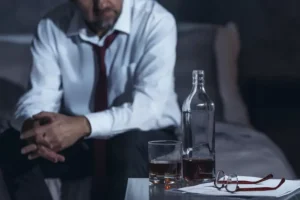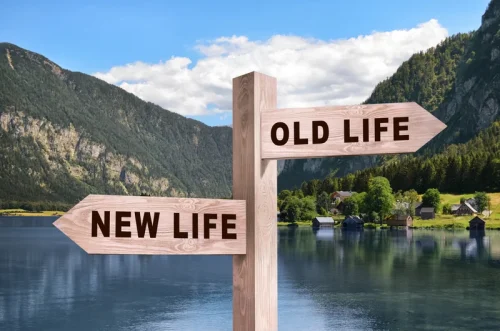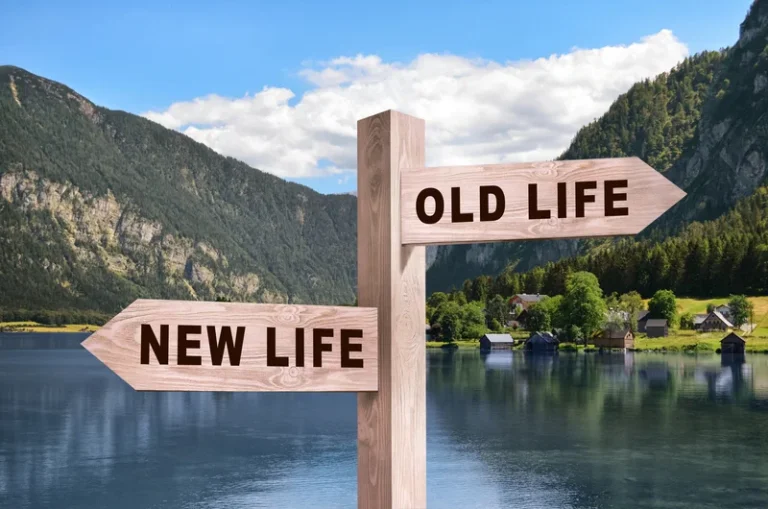
Your body starts using the substance to meet a sense of homeostasis, and if you stop taking it, you’ll likely feel sick. In particular, opioids can make you feel highly unwell if you stop taking them4 without a professional detox. Alcohol withdrawals5 can lead to tremors, hallucinations, and seizures. You may start to plan your day around substance use or start canceling plans that might keep you from it. This could be a beer on your 21st birthday or marijuana between classes in high school.

What is Alcoholic Relapse and What to Do After

A lapse would be where a person ‘slips’, and uses alcohol, but then immediately stops. Keep in mind, a “lapse” or a “slip” refers to a person using or drinking but then returning to sobriety right away. A relapse is when a person has made a full-blown return to using their substance of choice. Remission refers to the cessation of the substance and regaining physical health and daily functioning.
- When you’re done taking a shower and meditating, sit down with a paper and pen.
- No matter how good and steady your course of recovery was, relapse is always a risk.
- Individuals can take proactive steps to maintain their recovery by recognizing these early indicators.
- But by looking at your progress as a whole, you can see that you’re still on an upward trend.
- Each step you take following a relapse is a step toward regaining your strength and advancing further than before.
Creating a Relapse Prevention Plan
Negative emotions like stress, anxiety, depression, anger, and even boredom are increasing risk factors for relapsing. While in recovery, you will need to plan ahead for the stresses you will face, so that you can manage them in a healthy way. A great deal of people who may have a mental health issue or behavioural issue will be likely to self medicate. Just as it is important to avoid environments which are risk factors for a relapse, it is also important to avoid people who are risk factors. A positive support system will be very crucial to your recovery in the long term. When leaving a treatment facility, most people will end up being reintroduced into the same environment which caused the substance abuse to begin with.
Relapse as a Learning Opportunity
- I’ve listed the healing faculties of tears in my piece “7 Good Reasons to Cry Your Eyes Out.” Your body essentially purges toxins when you weep.
- Remember that you are not a failure, you’re human — and you’ve simply encountered a setback.
- Whether the cause is stress, depression, poor quality of sleep, struggling to deal with recovery, or something else.
- The Reframe app equips you with the knowledge and skills you need to not only survive drinking less, but to thrive while you navigate the journey.
- The physical relapse is the actual act of starting to use again, and is the result of your emotional and mental relapses not being dealt with in a healthy manner at the time they occur.
Cookie PolicyWe do not offer specific health advice, nor are we a remote clinical advice service (RCA). We can, with your consent, pass your details to our partners that can offer this. We receive a commission if you begin treatment with a fee-paying provider. All treatment providers we recommend are regulated by the Care Quality Commission (CQC) or Care Inspectorate.

A relapse can sometimes serve as a jolt, reminding you of the reasons you chose the path of recovery in the first place. Writing these down can reinforce your motivation and help clear your mind about what you want to achieve. Beating yourself up over your mistake of relapsing won’t change the past or erase it from having happened.
Strategies to Help You Recover from a Relapse

This is quickly followed by the mental relapse stage; this is where someone becomes fully aware of the mental conflict they are suffering from. This involves a constant internal battle between staying sober and holding off what to do after a relapse cravings. Without battling feelings of relapse and the emotions that go with it, you are not able to personally develop. When it does, it’s important to know this isn’t the end of your recovery journey. Addiction, by its very definition, is a chronic and relapsing condition. Meaning, even if you are committed to your recovery, there is still a real risk of relapse.
So now I have relapsed, what do I do?
- One way to stop a shame spiral is to recognize the progress you’ve made in your recovery.
- It’s a thing that happens all the time, to all different types of people.
A relapse can feel like you’ve let yourself and everyone you care about down. The guilt and shame you thought were behind you come crashing back stronger than ever. This is a personal journey for all patients, whilst each stage of recovery marks a developmental milestone, each stage also represents a risk of relapse. If this person starts to voice their doubts about recovery and their treatment process, then it is highly likely they have fallen into mental relapse already.
It can also result in intense cravings that then continue to further use. After a relapse, getting back on track as soon as possible is important. Instead of viewing your slip as a step backward, think of it as a progression on your road to recovery.
